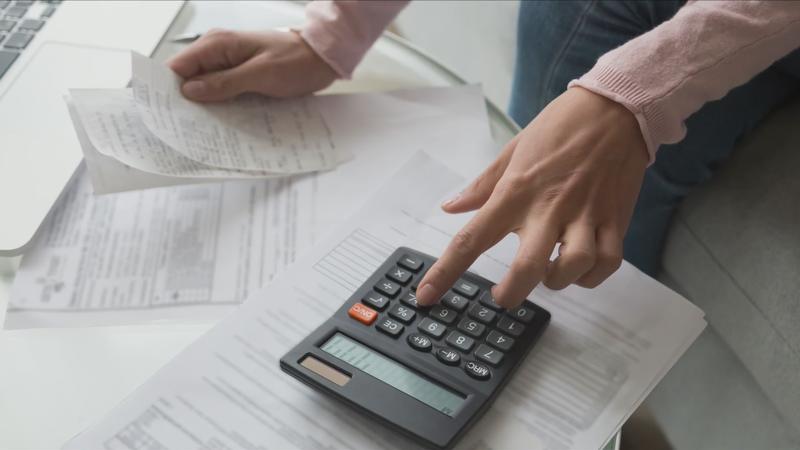Consumer Alert: Debt collectors could take your stimulus money
[anvplayer video=”5014653″ station=”998131″]
UPDATE: Since this story was published, New York State Attorney General Letitia James issued new guidance for banks, creditors and debt collectors saying stimulus checks are off-limits.
ROCHESTER, N.Y. (WHEC) — Wednesday’s consumer alert tackles the taxman, the debt collector, the stimulus checks and you. Have you checked your bank account today? The money may already be there.
For a family of four at $1,400 a head, that’s $5,600. But if you owe the taxman or the debt collector, your stimulus stash may have been snatched already.
It seems we all regard the stimulus checks as free money. It’s like manna from heaven, right? Not exactly. Manna was given freely no matter the Israelite’s past sins. But this round of stimulus is far different. If you’ve committed the financial sin of having debts in default, collectors can collar your cash, your stimulus check included.
According to the Consumer Financial Protection Bureau or CFPB, state and local governments that have gotten a court order to garnish your wages for debts due can take the cash from your wages and your stimulus too.

[News10NBC]
The American Bankers Association says if you owe a private company, like credit card debt, and a court has decided your bank account is free game, collectors can also take your stimulus money.
If your bank account is overdrawn, according to the New York Times, when your stimulus payment hits your account, the bank can take its share to pay all those overdraft fees.
But here’s the good news: Uncle Sam has to keep his hands off your stimulus to pay your federal tax debt or those student loans in default. But there’s one caveat: If you don’t get your stimulus check, you’re entitled to an RRC, that’s Recovery Rebate Credit. When you file your 2020 taxes, you can claim that credit in the amount of the stimulus check you should have gotten. But if you owe back taxes, the federal government can take that recovery rebate credit.
Congress passed laws that protected your first and second stimulus payments from debt collectors. Not so this time. But I’ll keep an eye on Washington for you. If Congress passes protections, you’ll get a consumer alert right on News10NBC.